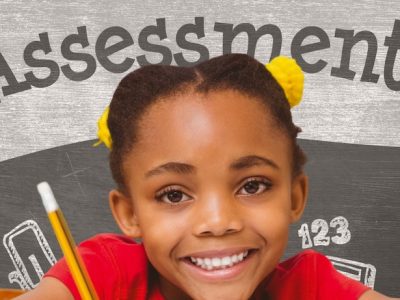Determining the right time to have your child’s neurodevelopment assessed can be crucial for identifying and addressing potential issues early. Here are some key indicators and situations when a neurodevelopmental assessment might be appropriate:
1. Concerns About Developmental Milestones
- Delayed Milestones: If your child is not meeting developmental milestones in areas such as motor skills, language, social interaction, or cognitive abilities within expected timeframes.
- Skills Gap: Notable delays or gaps in comparison to peers in activities like speaking, walking, or problem-solving.
2. Persistent Behavioral or Emotional Issues
- Behavioral Challenges: Issues such as excessive aggression, tantrums, or withdrawal that persist beyond typical developmental phases.
- Emotional Difficulties: Persistent anxiety, depression, or mood swings that interfere with daily functioning and social interactions.
3. Learning Difficulties
- Academic Struggles: Ongoing difficulties with reading, writing, math, or other academic skills despite appropriate teaching methods and support.
- Learning Disabilities: Signs of specific learning disorders such as dyslexia, dysgraphia, or dyscalculia.
4. Social Interaction Difficulties
- Social Skills: Challenges in forming relationships, understanding social cues, or participating in group activities.
- Communication Issues: Difficulty with verbal and non-verbal communication, including understanding and using language appropriately.
5. Sensory Sensitivities
- Sensory Processing: Over- or under-reactivity to sensory stimuli like lights, sounds, textures, or tastes that affect daily functioning or comfort.
- Unusual Sensory Behaviors: Engaging in repetitive or unusual sensory behaviors.
6. Motor Skills and Coordination Problems
- Fine and Gross Motor Skills: Difficulties with tasks that require coordination, such as writing, using utensils, or participating in sports.
- Motor Development: Significant delays or irregularities in gross motor skills like crawling, walking, or running.
7. Family History or Genetic Concerns
- Genetic Factors: Family history of neurodevelopmental disorders or genetic conditions that could affect your child’s development.
- Early Signs: Family concerns or observations of early signs of developmental differences.
8. Observations from Others
- Feedback from Teachers: Concerns or observations from teachers or childcare providers about your child’s behavior, learning, or social interactions.
- Professional Recommendations: Recommendations from pediatricians, therapists, or other professionals who notice developmental issues.
9. General Concerns and Parental Intuition
- Parental Concerns: If you have an intuitive sense that something might be amiss with your child’s development, seeking an assessment can provide clarity and reassurance.
- Unexplained Issues: Ongoing difficulties without a clear explanation that affect your child’s overall well-being and daily life.
When to Seek an Assessment
- Early Intervention: The earlier a neurodevelopmental assessment is conducted, the better the chances for effective intervention and support. Early identification and intervention can lead to improved outcomes.
- Urgency: If your child is experiencing severe issues that impact their daily functioning, seeking an assessment as soon as possible is important.
How to Proceed
- Consult Your Pediatrician: Start by discussing your concerns with your child’s pediatrician. They can provide guidance on whether a neurodevelopmental assessment is warranted and recommend specialists.
- Choose a Specialist: Depending on your concerns, a developmental pediatrician, child psychologist, or neurologist may be appropriate for conducting the assessment.
- Gather Information: Prepare for the assessment by gathering relevant information about your child’s developmental history, medical history, and observations from home and school.
A neurodevelopmental assessment is a proactive step toward understanding and supporting your child’s unique needs. It can provide valuable insights and guide you in obtaining appropriate interventions and support to help your child thrive.
Hope you have a fabulous summer!
-Dr. Katen
©2024 Individual Matters. All rights reserved. Feel free to republish so long as credit is given.
Individual Matters® is a registered trademark of Individual Matters, LLC.

